The Sultanate is gearing up for some wild weather. Aside from the torrential rains, the winds during this season unfortunately bring pests. With the downpours, hot days, and stuffy, humid nights, it’s the perfect breeding ground for pests to thrive.
When it comes to plant care and pest management, prevention is always key. But let’s be honest – life can be overwhelming, and it’s easy to fall out of routine with your plant care during certain seasons.
Maybe it’s been three or five days since you’ve given your garden any attention beyond a rushed watering before work.
Your plants are still growing – though perhaps not thriving. Some have slipped through the cracks. You might not notice the yellowing leaves on one, the abundance of white residue on another, or those scaly spots over there!
Today, readers, we’ll look at the common pests that invade our gardens during this wet and wild season.
Instead of getting your gardening apron in a twist, we’ll explore easy ways to deal with them.
MEALYBUGS
Mealybugs are tiny, white, cotton-like pests that suck the sap from your plants, causing stunted growth and yellowing leaves. They thrive in warm, humid environments, making the monsoon season perfect for their proliferation.
Solution: Mix a solution of water and dish soap (about a teaspoon of soap per quart of water) and spray it directly onto the mealybugs.
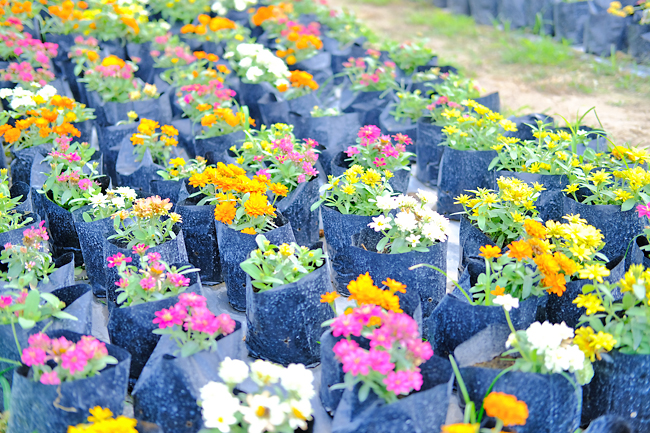
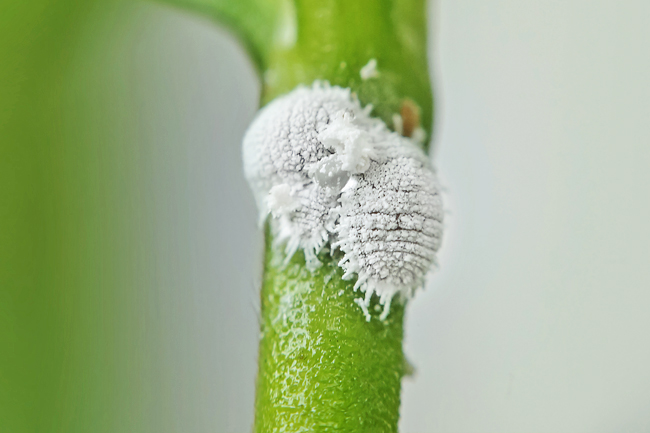
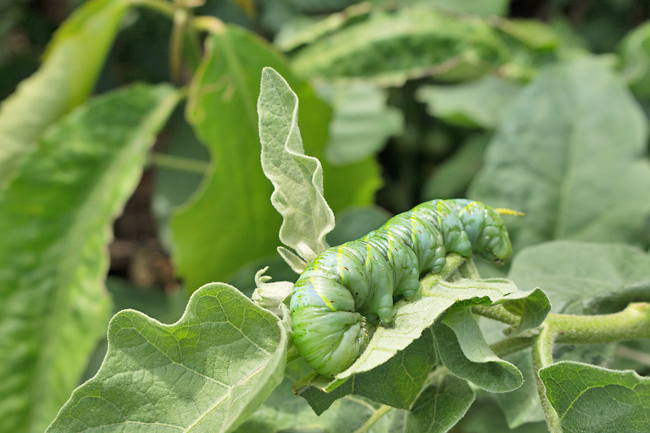
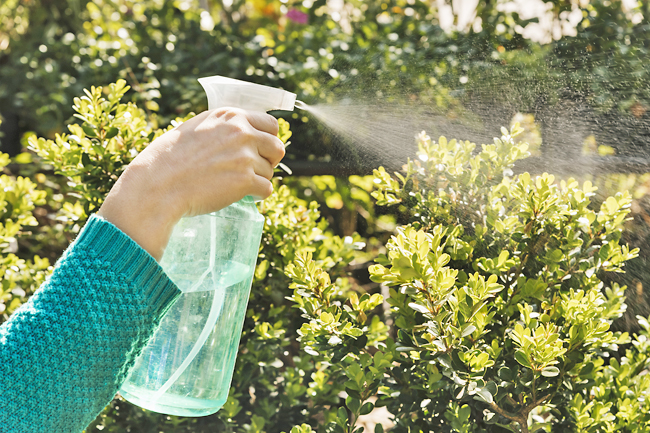

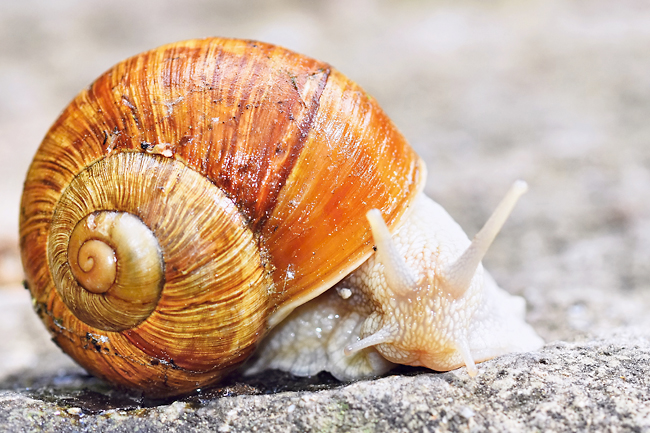
SCALES
Scale insects are small, oval pests that attach themselves to plant stems and leaves, forming a protective shell. They suck sap from plants, leading to weakened growth and a sticky residue on leaves.
Solution: Gently scrape the scales off with a toothbrush or your fingernail.
For larger infestations, a horticultural oil spray can effectively smother these pests.
Alternatively, a solution of lemongrass, garlic, dish soap, and cooking oil can do the trick.
Keep in mind that even after containing the infestation, you’ll still need to scrape off the dead scales.
APHIDS
Aphids are small, green or black insects that cluster on the undersides of leaves and stems. They excrete a sticky substance called honeydew, which can attract ants and lead to sooty mold growth.
Solution: Spray your plants with a strong jet of water to dislodge the aphids. Alternatively, you can use the same soap and water solution mentioned for mealybugs.
For a natural predator, introduce ladybugs to your garden – they love feasting on aphids!
SNAILS AND SLUGS
Snails and slugs are common garden pests that love to munch on tender leaves, leaving irregular holes and slime trails in their wake. They thrive in moist conditions, making the monsoon season their playground.
Solution: There’s an organic snail pesticide available at your local garden store, which is a go-to for many Bruneian gardeners.
During the rainy season, this pesticide can be sprinkled throughout the garden, often leaving empty snail shells in its wake by the next day.
You can also handpick snails early in the morning or late in the evening when they are most active. Additionally, copper tape around your plant pots can deter them, as they dislike crossing it.
CATERPILLARS
Caterpillars can be quite destructive, chewing through leaves and stems. While they eventually turn into beautiful butterflies or moths, their larval stage can wreak havoc on your garden.
Solution: Handpick caterpillars off your plants and relocate them away from your garden. For a natural spray, mix two cups of water with two tablespoons of red pepper flakes, a few drops of dish soap, and a few cloves of garlic. Strain the mixture and spray it on your plants to deter caterpillars.
WHITEFLIES
Whiteflies are small, white, moth-like insects that gather on the undersides of leaves. They can cause leaf yellowing and wilting as well as spread plant diseases.
Solution: Use yellow sticky traps to catch whiteflies. Spraying plants with insecticidal soap or a neem oil solution can also be effective in controlling these pests.
FUNGUS GNATS
Fungus gnats are small, dark flies that are attracted to moist soil, where they lay their eggs. The larvae can damage plant roots, leading to poor plant health.
Solution: Allow the soil to dry out between waterings to reduce breeding sites.
You can also sprinkle a layer of sand on top of the soil to deter them. If the infestation is severe, a biological control agent can be added to the soil to kill the larvae.
The monsoon season brings its own set of gardening challenges, but with a bit of vigilance and some easy homemade remedies, you can keep your garden healthy and pest-free.
Remember, readers, regular checks and a little TLC go a long way in preventing pest infestations.
So next time the winds bring in the rains and pests, don’t fret.
Arm yourself with these simple solutions and enjoy a thriving, beautiful garden all season long. Happy gardening! – Wardi Wasil






